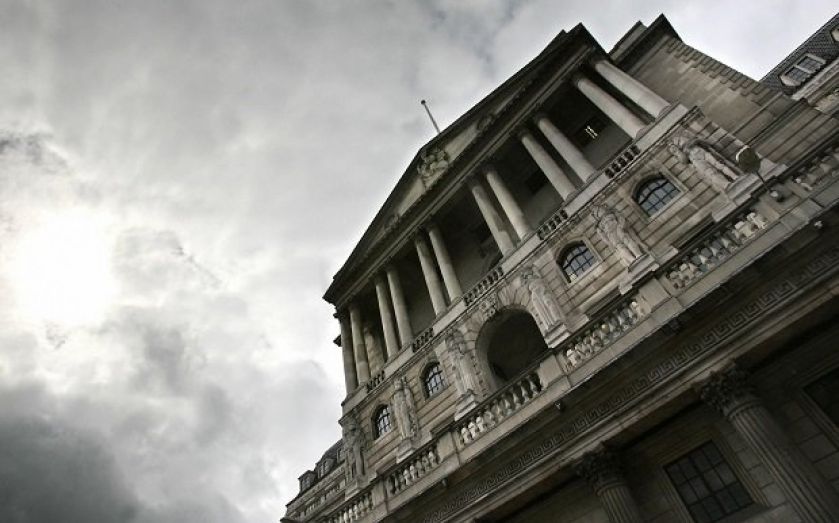Bank of England fires chief currency dealer Martin Mallett after forex scandal probe

A senior figure at the Bank of England has been fired for serious misconduct after failing to follow internal policies.
BoE chief currency dealer Martin Mallet, who has worked at the Bank for 30 years, was suspended in March. Following a disciplinary procedure, he was dismissed yesterday. The BoE made clear this was in relation to its internal policies and not to the forex scandal, over which five banks were fined by the Financial Conduct Authority today.
In an internal investigation into allegations the BoE was aware of the forex market rigging, Bank officials were cleared of any unlawful or improper behaviour in a final report today.
However Lord Grabiner, the author of the report, found Mallet failed to escalate concerns over the behaviour of forex traders, which he was aware of from 2008 and which he was concerned could involve collusive behaviour from 2012.
Grabiner called it an “error of judgement” not to have raised concerns with the London Foreign Exchange Joint Standing Committee (FXJSC) or the Financial Standards Authority (FSA). “Mr Mallett had obtained relevant market intelligence but failed to distribute it,” said Grabiner.
Mr Mallett did not act in bad faith. He was not involved in any unlawful or improper behaviour, nor was he aware of specific instances of such behaviour. In particular, he was not aware of the improper behaviour with which the FCA is concerned that goes far beyond his own concerns about potential misconduct. Rather, he was aware of a market practice which he thought could involve collusive behaviour and lead to market participants being disadvantaged and he failed to raise this with the appropriate people.
"Mallett’s view is that his conduct should not be criticised,” said Grabiner's report, as the bank “had no formal escalation policy until 1 August 2012 and, in any event, he was not under any escalation obligations because he was not aware of any actual misconduct. He also says that he had no obligations to report his concerns to the FXJSC or the FSA. He says that it was open to the bank representatives on the CDSG to raise any concerns they had with their representatives on the FXJSC."
Grabiner said he did not find this view convincing. Outlining his decision that Mallett should have raised concerns, Grabiner said:
(a) There was no relevant escalation policy in place during a large part of the relevant period. However, this does not excuse his conduct for two reasons. First, as Mr Mallett accepted in his interview with me, even if there was no written escalation policy in force, it was a matter of judgment whether to escalate an issue. In my opinion, it was an error of judgment for him not to escalate his concerns. Secondly, irrespective of his escalation obligations concerning improper conduct, it was a substantial part of Mr Mallett’s duties to collect and distribute relevant market intelligence about the FX market, including about the integrity of that market. Mr Mallett had obtained relevant market intelligence but failed to distribute it.
(b) In my opinion, it would have been sufficient for Mr Mallett to have raised the issue with the FXJSC or the FSA. However, he did not do so.
(c) It is no excuse that bank representatives on the CDSG could have raised concerns they had with their representatives on the FXJSC.
The report found Mallet was aware of banks sharing confidential information and “having open discussions about their fix positions in chat rooms with a view to matching them off” from May 2008. “The view he expressed on 19 March 2012 was that he would “feel uncomfortable justifying it to the regulator the way it’s currently set up”. Further, from at least 28 November 2012, he had concerns that the practice could involve collusive behaviour and lead to market participants being disadvantaged,” said the report.
Grabiner also identified that there is “considerable” uncertainty on the BoE’s forex desk about the boundary between sharing market information and respecting the confidentiality of client information, and should receive training on the key principles and application of the NIPs (non-investment practice) code.
The report ruled out criticising the forex desk however or Mallett’s superiors, as Grabiner found no evidence they thought confidential information was being shared or of concerns around the practice.